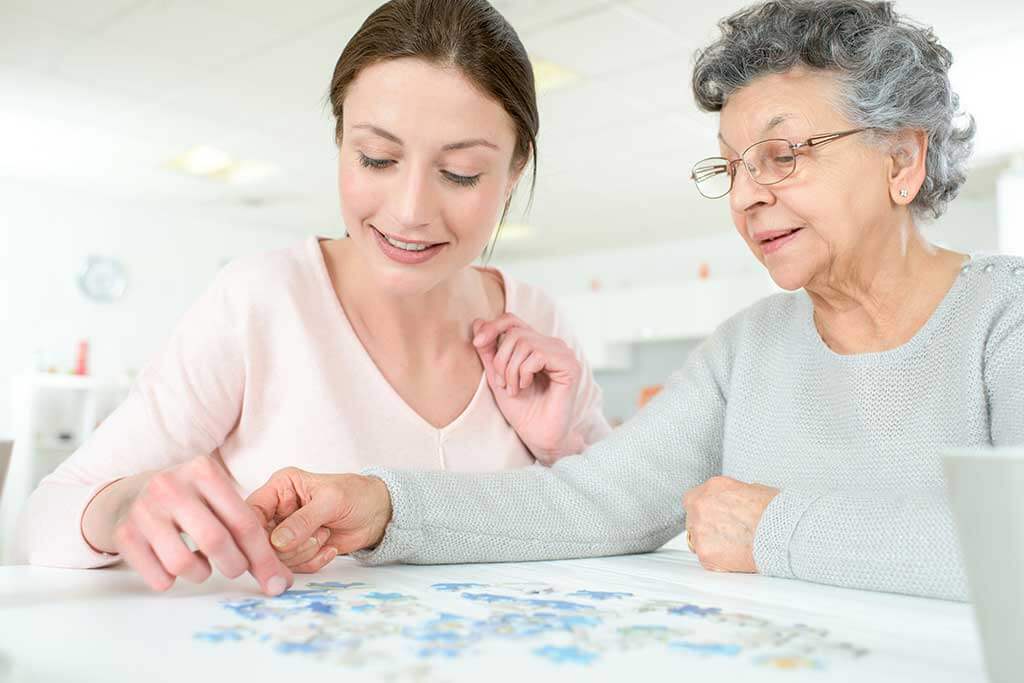There are several benefits that puzzles provide for the elderly; you may be surprised at how much of an influence even the most basic of puzzles can have on your aging loved one’s everyday life.
Many of these benefits will be covered in further depth below, along with recommendations for the best sorts of board games for our aging loved ones; these are often games that do not need too much effort or time to play.
Whether you prefer wordy crossword puzzles, traditional jigsaw puzzles, or brain teasers, here are five reasons why puzzles for seniors are beneficial and fun.
Improves Cognitive Function
Brain games, such as puzzles, aid in the development of your cognitive reserve. The cognitive reserve can be equated to the brain’s equivalent of a rainy-day fund. A healthy cognitive reserve has been demonstrated to help in the fight against memory loss and dementias like Alzheimer’s disease as people age.
Combining puzzle-solving with 150 minutes of exercise each week is the most effective strategy to increase cognitive reserve.
Enhances Short-term Memory
Puzzles challenge you to concentrate and focus, which can aid in the maintenance of long- and short-term memory. Because we are no longer in school or actively employed, we have fewer opportunities to concentrate as we get older.
For example, Jigsaw puzzles are great for improving short-term memory because they challenge you to concentrate on recalling specific features such as colors, patterns, and shapes. Crossword puzzles need the use of recall (recalling something seen or learned earlier), which is crucial for our aging loved ones to exercise.
Puzzles are one of the best strategies to fight off the effects of aging on the mind. Participating in these activities causes new connections to form between brain cells, and solving puzzles has been shown to increase short-term memory.
Improve Concentration
Word search games are also ideal because they do not have as many moving parts as many board games (such as chess).
In addition, when solving crossword puzzles, players must have a good level of memory. The activity of recalling something previously learned or witnessed is defined as the act of recalling something previously learned or experienced. It’s critical for our aging loved ones to practice recalling things regularly; this will keep them involved in remembering daily events as well.
Reduces Stress
It’s also been proven that puzzles may help you relax. It permits a person to take a break from any difficulties they are facing at the time. Sometimes all a person needs is a little pick-me-up, and each problem done may help.
Furthermore, people frequently deal with stress by engaging in physical activities such as jogging and weightlifting. Long-duration physical activity, on the other hand, may become less feasible or helpful as you age. And, although still enjoyable, these activities may not provide the same sense of well-being as they previously did.
Improves Your Sleep
People usually watch television or spend time on their phones/mobile devices before going to bed, but this might make it difficult to get a decent night’s sleep.
It has been proven that solving puzzles improves sleep quality. This is true only if the activity contributes to a higher level of relaxation before bedtime.







